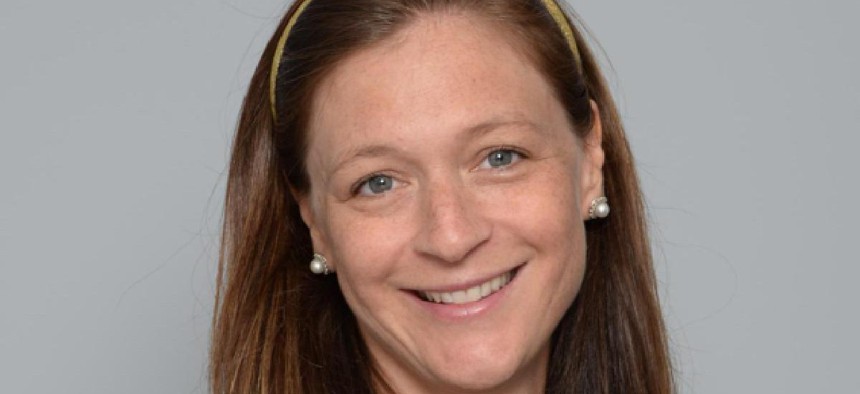Home-based mental health needs to be a viable option

As an agency that operates Article 31 mental health clinics, I can tell you that in terms of impact, these clinics are one of our greatest sources of pride and one of our greatest challenges. What keeps us going is our clients, who need empowering therapeutic services to help them heal, reframe their stories and move on from treatment to living healthy lives.
The challenge lies in maintaining fiscal stability as an organization while getting many of our clients to come in regularly for treatment. Unfortunately, these two challenges are closely interrelated.
I sat in our reception area for a couple of days with our team to understand what is driving our no-show rates. No-show rates, or rates at which clients do not show up to their scheduled and confirmed appointments, hover between 30 and 40 percent. So many things came up – the client who did not have enough money for the MetroCard to get to us (even though we provide round-trip fare once they arrive), the teen who forgot or overslept, the foster parent who couldn't make it in because a child at home wasn't feeling well. These clients continually express their need for treatment, despite difficulties in getting to appointments.
One clear solution for some of these clients would be for our clinics to provide home-based treatment. Many home-based models have a solid base of evidence behind them in terms of effectiveness. For example, our organization, HeartShare St. Vincent’s Services, and Lantern Community Services recently did an analysis of our young people in adult supportive housing with our agencies and found that over 95 percent of them have a mental health diagnosis but only 29 percent are in treatment. We have been exploring the implementation of a new model, Multi-Systemic Therapy for Emerging Adults (MST-EA), which is based on a home-based therapeutic model with decades of positive outcomes. The new model is designed specifically for emerging adults and needs to be delivered in the home of each young person. However currently we cannot bill and be reimbursed for this service, even if the young adults are covered through Medicaid.
Of course we have many clients who come regularly to our clinics and are receiving life-changing treatment from dedicated clinicians. Many appointments, especially with doctors, need to be held in office-based clinics. But for so many others, there should be options.
Many city and state government agencies have funded the provision of models, such as MST, FFT (Functional Family Therapy) and others. Allowing Article 31 clinics to bill for these services would be transformative – it would allow community mental health providers to offer this other form of treatment to many individuals who need it and aren't engaging in office-based services.
Overall, if Article 31 clinics could bill for home-based treatment, we could:
* Reach populations who need mental health services but are not receiving them due to transportation or other barriers to office-based treatment
* Improve treatment outcomes using specialized models, reducing unnecessary utilization of mental health services
* Increase the stability of Article 31 clinics
* Support families and individuals who are struggling with poverty and mobility issues
I hope that supporting home-based mental health services through Medicaid reimbursements becomes part of the agenda in New York state. We could reach so many more New Yorkers and help them achieve healthier, happier lives.
Dawn Saffayeh is the Executive Director of HeartShare St. Vincent’s Services. Prior to her role as Executive Director, Saffayeh served as the Deputy Commissioner of Policy, Planning and Measurement at the NYC Administration for Children's Services. She holds a Master’s Degree in Public Administration from New York University and a Bachelor of Arts in Political Science from Fairfield University.
